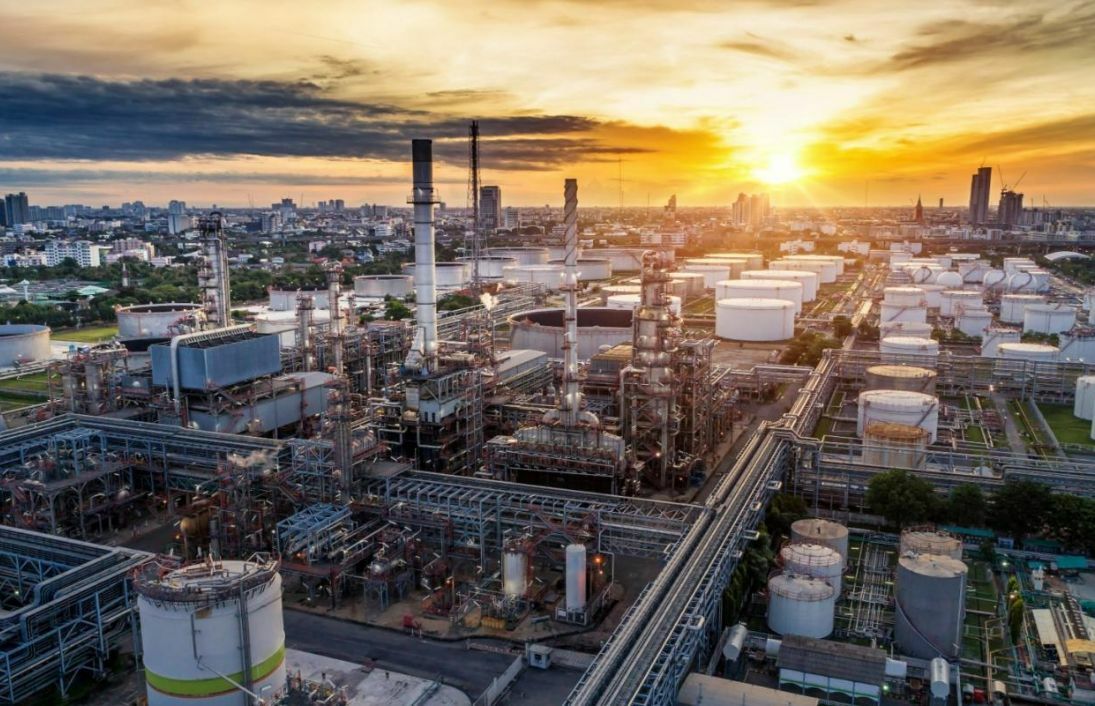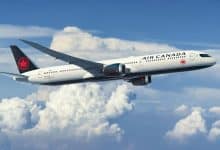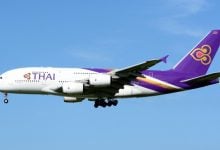Bangchak to launch Thailand’s first sustainable aviation fuel factory

Bangchak Corporation Plc, a leading energy conglomerate in Thailand, is set to launch the country’s first factory to produce sustainable aviation fuel (SAF) from used cooking oil. The operation of the factory will start in early 2025, with the aim of reducing carbon dioxide emissions in the aviation industry.
The venture is being propelled as the Department of Airports and the International Air Transport Association (IATA) conduct a joint study on the application of biofuels, said Chaiwat Kovavisarach, Group Chief Executive of Bangchak at the Regenerative Fuels: Sustainable Mobility forum.
“We expect to install machines and necessary equipment at our SAF production facility soon.”
Sustainable aviation fuel is a promising alternative to jet fuel, owing to their similar properties and the former’s significantly smaller carbon footprint. This form of biofuel, which can be produced from used cooking oil and agricultural waste, results in up to 80% lower greenhouse gas emissions than conventional jet fuel, as per various forecasts cited in media reports.
Chaiwat predicts that the implementation of SAF in the Thai aviation business could lead to a reduction of 80,000 tonnes of carbon dioxide emissions annually. The sustainable aviation fuel factory, worth 10 billion baht, will have a proposed production capacity of 1 million litres per day. The factory will be located near Bangchak’s oil refinery in the Phra Khanong district of Bangkok.
Post the announcement of the sustainable aviation fuel project, numerous companies have shown interest in purchasing the product, though Chaiwat refrained from disclosing their names, indicating they belong to the aviation business. SAF purchase agreements are anticipated to be finalised in December, reported Bangkok Post.
The sustainable aviation fuel project is one among many environmental, social and governance initiatives undertaken by Bangchak, in their pursuit of achieving carbon neutrality by 2030. The project is also an effort to discourage the public from polluting the environment through inappropriate disposal of used cooking oil or its repeated reuse, which poses health risks. This initiative is a part of the Fry to Fly campaign, where individuals can sell their used cooking oil at designated Bangchak petrol stations.
Chaiwat expressed optimism about the business prospects of sustainable aviation fuel sales, in light of the growing concerns over carbon dioxide released by fossil-derived fuel used by aircraft.
Latest Thailand News
Follow The Thaiger on Google News:


























